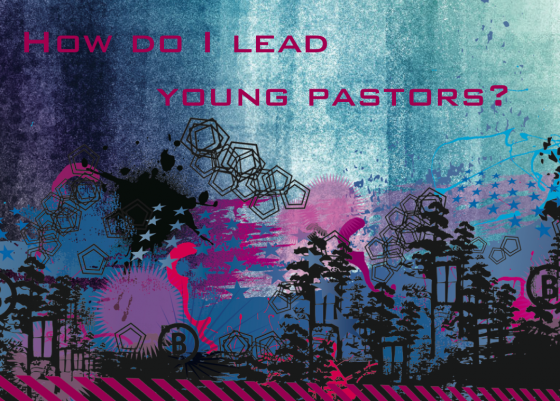Running down the left rough, a lake crept into the 2nd cut of rough at the 270 yard mark. Sand traps dotted the right side all of the way to the green like miniature beaches that drew straying tee shots. The fairway was perfectly manicured, as tight as freshly stretched carpet. But it was narrow.
So I eased off. I have a tendency to get a little quick with my hands and over-cook a drive, turning a would-be soft draw (a right-to-left shot) into a nasty snap-hook (a right to LEFT shot). And because that’s my tendency, especially in pressure situations, I’ll overcompensate and leave my hands open, blocking that would-be snap-hook from ever happening and watching my tee shot float 30 yards right of my intended target into said mini-beach.
“Oh, just hit it!” I told myself. “You’re a decent golfer. Trust your swing,” I said in my head. So I did. Twice. And twice I failed.
Side note: maybe I’m merely “decent” because I don’t trust my swing. Maybe it’s because I don’t practice much…
For the rest of the round, on holes where the landing area off of the tee box was tight, I dropped down and played an iron off of the tee. I played a safer shot with a higher percentage of probability I’d hit the fairway and be able to keep playing the hole. And it worked. I split the rough every time and was able to walk my way right up to the green with relative ease.
I know my weaknesses and limitations on the golf course.
Leadership weaknesses
I also know my weaknesses and limitations in leadership. So should you.
If you’re going to be a good leader, you’ve got to understand where you’re weak. Where your leadership, gifts, and talents can’t cut the mustard. But let’s take it a step further. You’ve got to identify your weaknesses, then do something about it.
Take out a shorter iron that you’re good at hitting.
To identify that you’ve got a weakness but do nothing about it is absolute foolishness. The best leaders identify their weaknesses and compensate, surrounding themselves with people who are strong where they’re weak, freeing them up to maximize their strengths. You’ll find much more fulfillment and joy when you operate out of your strengths rather than beating yourself over the head trying to shore up your weaknesses.
In the moment on the golf course, I asses the situation, remind myself where I’m weak, pick an iron that represents my strength, and trust the hard work and practice (and God-given ability) that I bring to the box. I don’t try to press through my weaknesses and act like they’re not real. I don’t try to tweak my driver there on the fly, even though that would be tempting. (Ever wish you possessed someone else’s gifts?)
The reality is that God hasn’t gifted you with every gift possible or every strength and every good idea. God hasn’t created you to do everything well. So do that thing that He has designed you for. Do it with all of your strength, with great joy and conviction.
Whatever you do, work at it with all your heart, as working for the Lord, not for human masters – Colossians 3:23
And your weaknesses? Put the driver back in the bag. Let someone else hit that one.











